Species Photo Gallery for Aphrophora cribrata Pine Spittlebug |
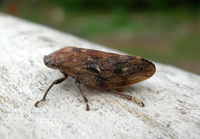 | Photo by: R. Newman
Carteret Co.
Comment: FOMA | 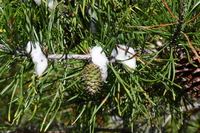 | Photo by: J. Mickey
Wilkes Co.
Comment: STMO |
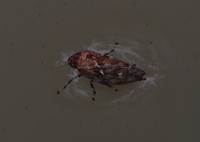 | Photo by: Hunter Phillips, Cathy Songer
Onslow Co.
Comment: unid_spittlebug | 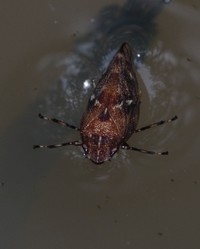 | Photo by: Hunter Phillips, Cathy Songer
Onslow Co.
Comment: unid_spittlebug |
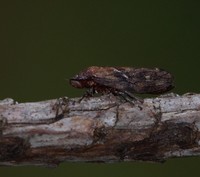 | Photo by: Hunter Phillips, Cathy Songer
Onslow Co.
Comment: unid_spittlebug | 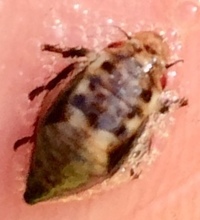 | Photo by: Ken Kneidel
Scotland Co.
Comment: |
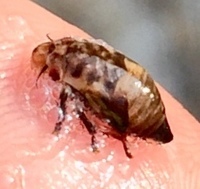 | Photo by: Ken Kneidel
Scotland Co.
Comment: | 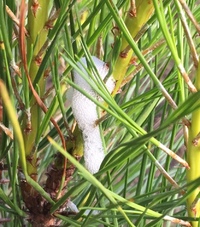 | Photo by: Ken Kneidel
Scotland Co.
Comment: |
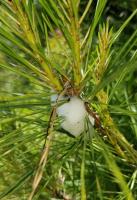 | Photo by: Kyle Kittelberger, Brian Bockhahn
Durham Co.
Comment: spittle | 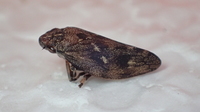 | Photo by: Erich P. Hofmann
Craven Co.
Comment: |
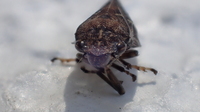 | Photo by: Erich P. Hofmann
Craven Co.
Comment: | 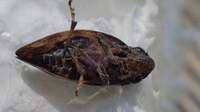 | Photo by: Erich P. Hofmann
Craven Co.
Comment: |
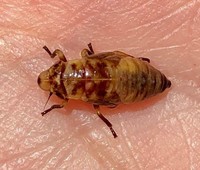 | Photo by: Rob Van Epps
Mecklenburg Co.
Comment: nymph | 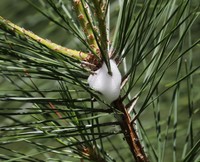 | Photo by: Rob Van Epps
Mecklenburg Co.
Comment: nymph |
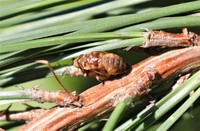 | Photo by: Rob Van Epps
Mecklenburg Co.
Comment: nymph | 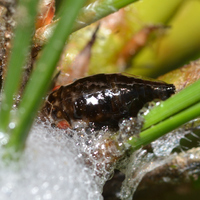 | Photo by: Margarita Lankford
Orange Co.
Comment: https://www.inaturalist.org/observations/45192123 |
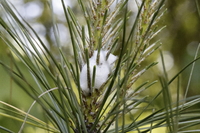 | Photo by: Harrison Abernethy
Wake Co.
Comment: Scores of these on pine saplings | 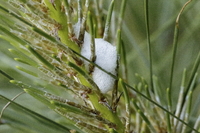 | Photo by: Harrison Abernethy
Wake Co.
Comment: Scores of these on pine saplings |
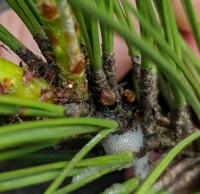 | Photo by: Cindy Darnell
Durham Co.
Comment: | 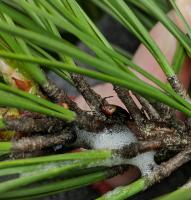 | Photo by: Cindy Darnell
Durham Co.
Comment: |
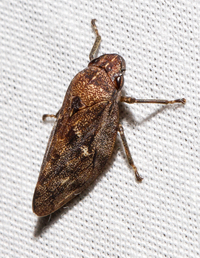 | Photo by: Steve Hall
Orange Co.
Comment: Observed at moth sheet | 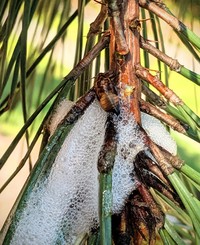 | Photo by: G. Schneider, V. Jones, T. Kittle
Iredell Co.
Comment: LANO |
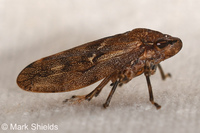 | Photo by: Mark Shields
Onslow Co.
Comment: | 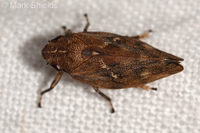 | Photo by: Mark Shields
Onslow Co.
Comment: |
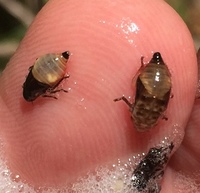 | Photo by: Ken Kneidel
Mecklenburg Co.
Comment: | 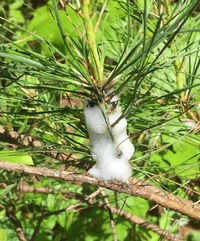 | Photo by: Ken Kneidel
Mecklenburg Co.
Comment: |
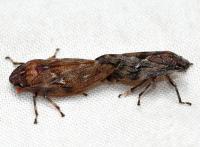 | Photo by: Kyle Kittelberger, Brian Bockhahn, Paul Scharf
Halifax Co.
Comment: mixed hardwood forest habitat; a mating pair | 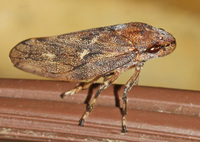 | Photo by: Harry Wilson
Wake Co.
Comment: mixed hardwood and pine habitat |
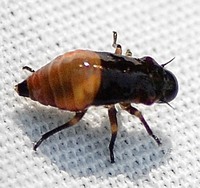 | Photo by: Bockhahn, Scharf
Burke Co.
Comment: LAJA - 2014 BioBlitz, NYMPH, Found in Spittle on Pine Tree | 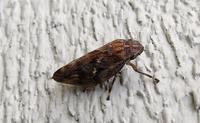 | Photo by: T. DeSantis
Camden Co.
Comment: |
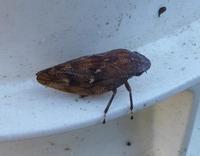 | Photo by: F. Williams
Gates Co.
Comment: | 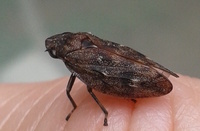 | Photo by: L. Amos
Warren Co.
Comment: |
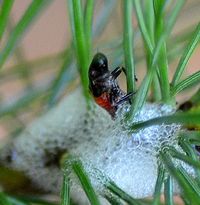 | Photo by: Bockhahn, Scharf
Burke Co.
Comment: LAJA - 2014 BioBlitz, NYMPH, Found in Spittle on Pine Tree | 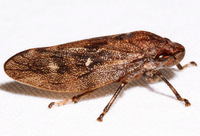 | Photo by: Ken Childs
Out Of State Co.
Comment: |
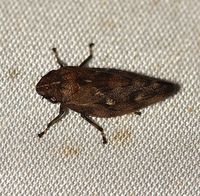 | Photo by: Paul Scharf
Warren Co.
Comment: Attracted To Black Light | 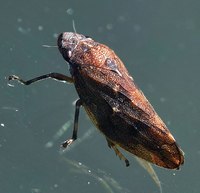 | Photo by: Paul Scharf
Warren Co.
Comment: |
|

 »
»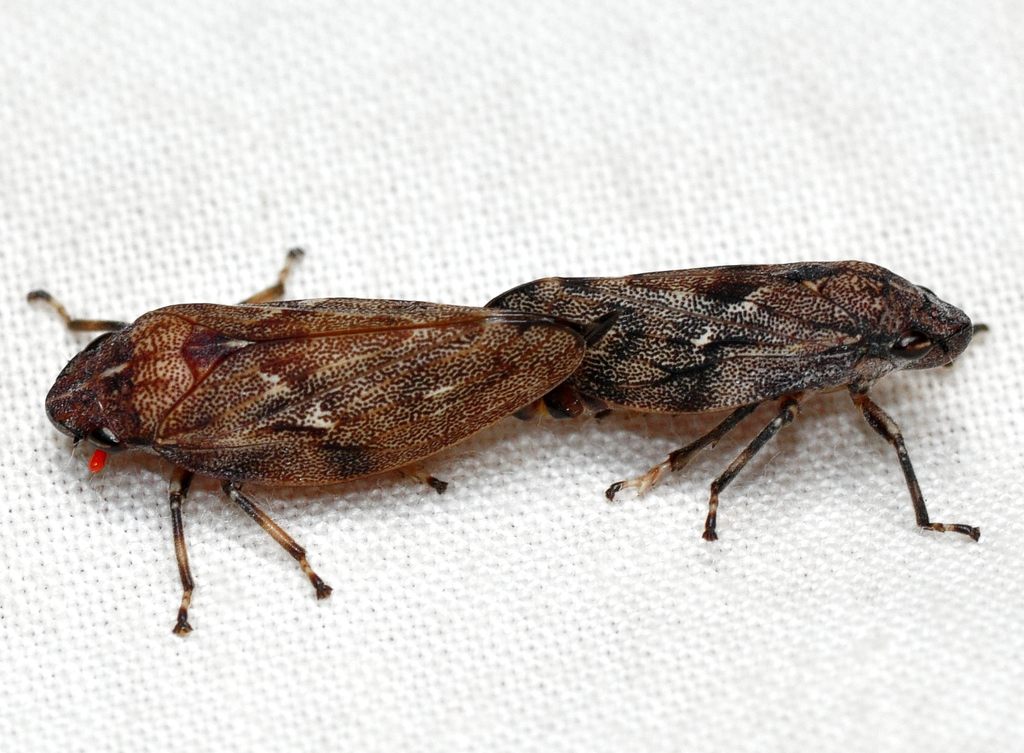
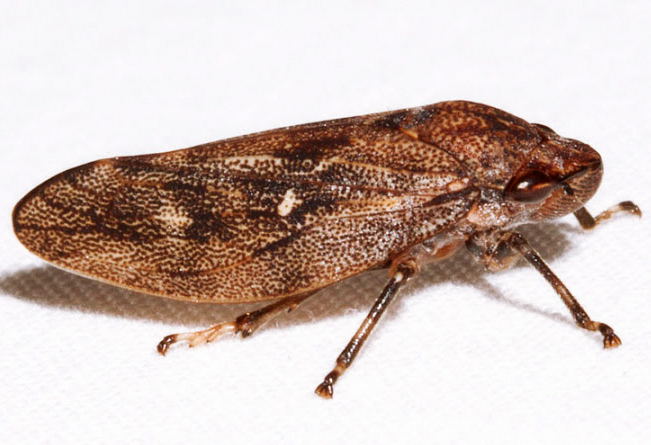
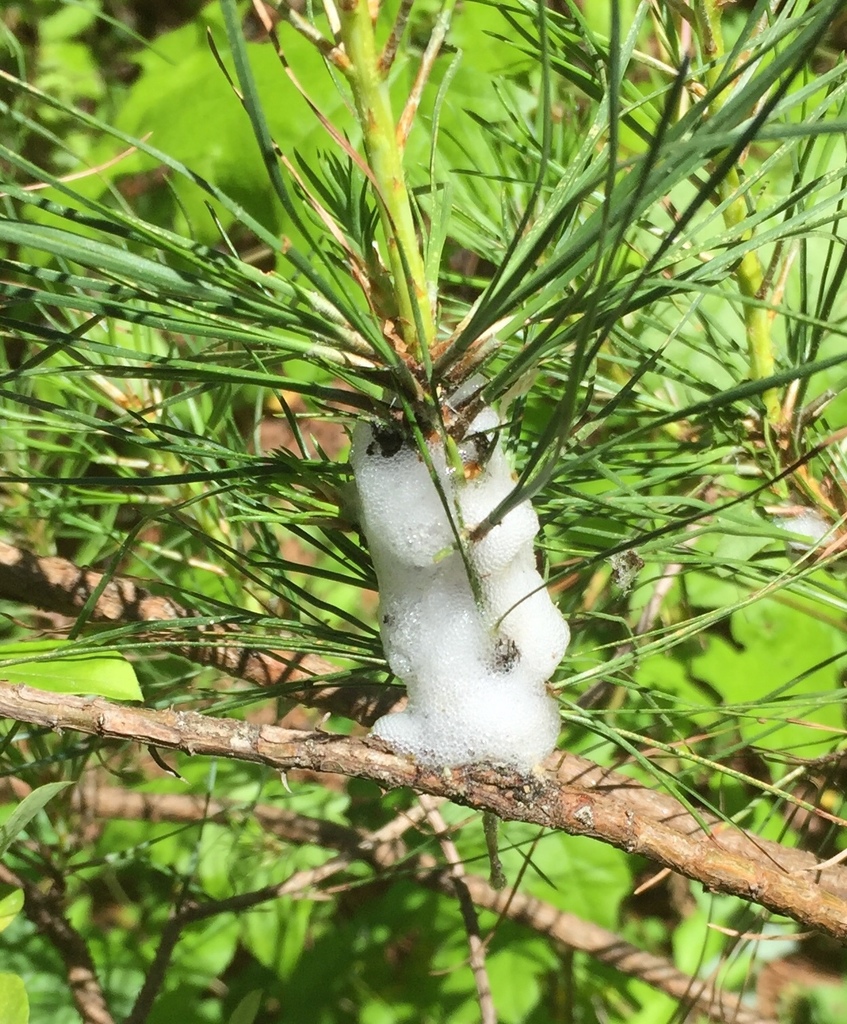

 »
»

